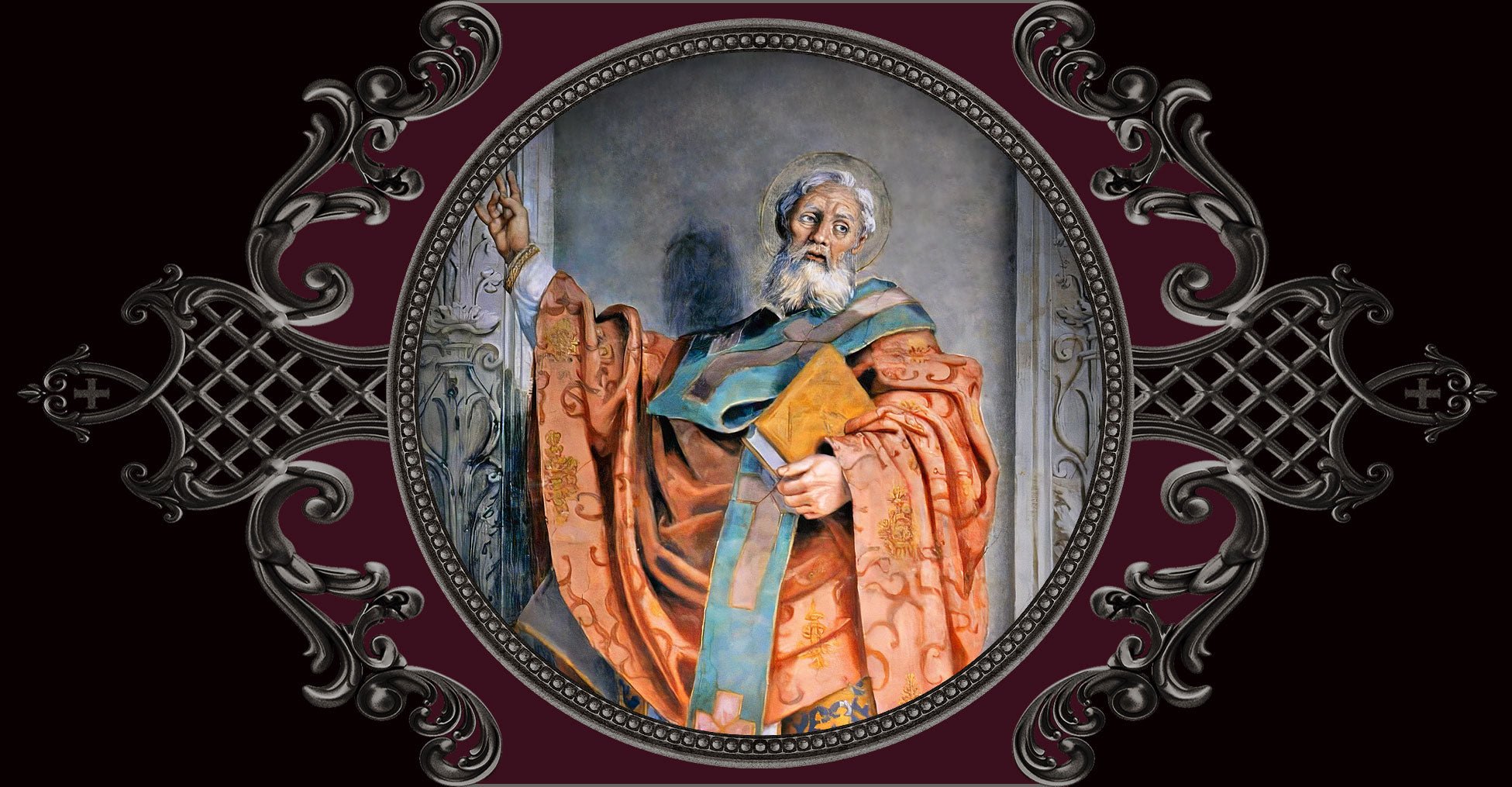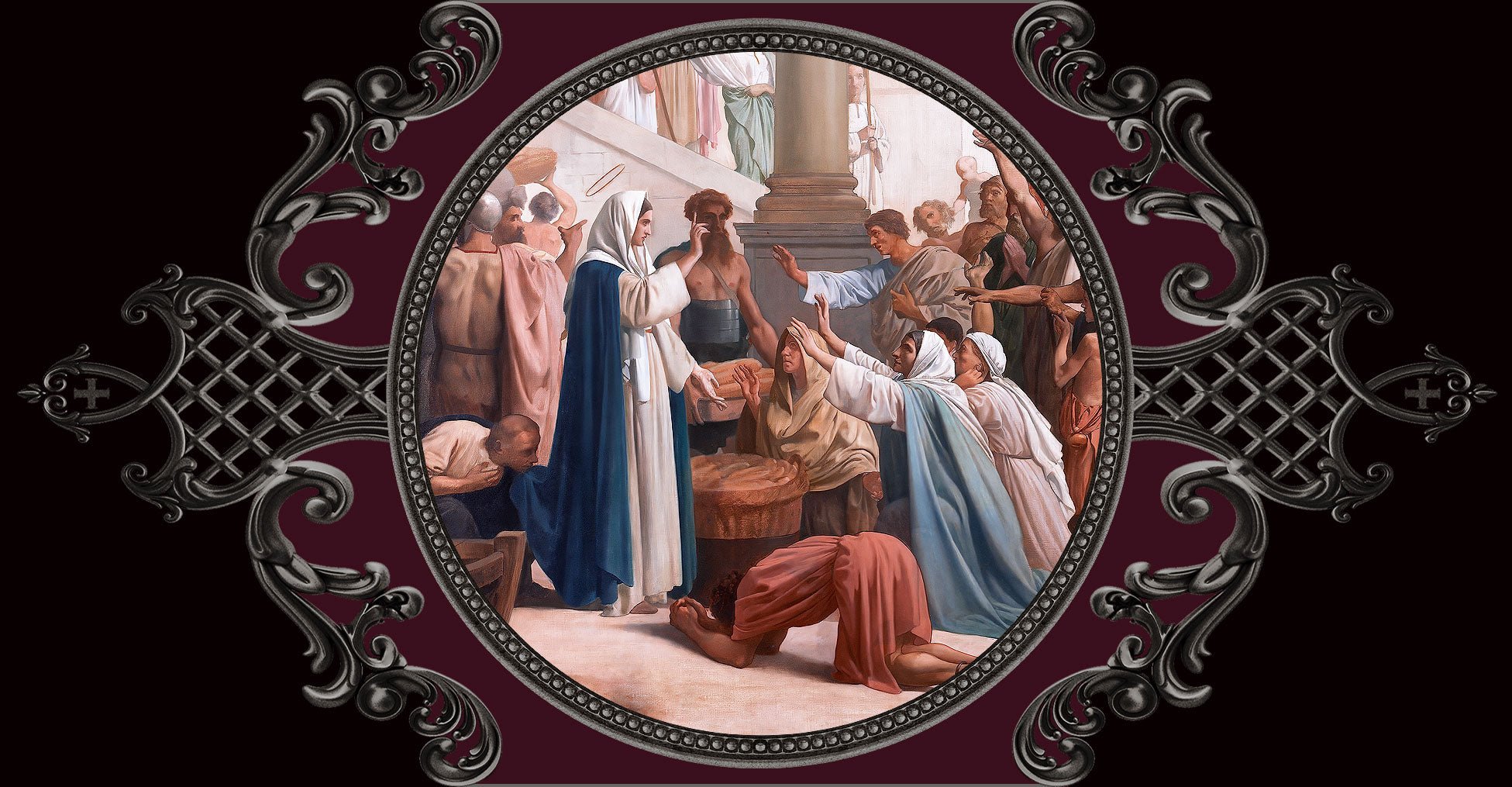
January 2 + Saint Gregory Nazianzen
Gregory was born in 325 to Greek parents in the village of Arianzus. His parents, Gregory and Nonna (both Saints), were wealthy land-owners. Nonna converted her husband to Christianity and he was subsequently ordained as bishop of Nazianzus.
Educated in the faith by his parents, Gregory went on to study advanced rhetoric and philosophy in Nazianzus, Caesarea, Alexandria, and Athens. While in Athens, he developed a close friendship with a fellow student (Saint) Basil of Caesarea, and at the age of 30, was baptized.
After his baptism, Gregory accepted Basil’s invitation to join him in a newly founded monastery. The solitude was broken when Gregory’s father needed help in his diocese and estate. Gregory was ordained a priest practically by force and only reluctantly accepted the responsibility. He skillfully avoided a schism that threatened when his own father made compromises with Arianism, a heresy that denied the divinity of Christ.
At 41, Gregory was chosen suffragan bishop of Caesarea and at once came into conflict with Valens, the emperor, who supported the Arians. When protection for Arianism ended with the death of Valens, Gregory was called to rebuild the faith in the great see of Constantinople, which had been under Arian teachers for three decades. He dreaded being drawn into the whirlpool of corruption and violence.
He first stayed at a friend’s home, which became the only orthodox church in the city. He began giving the great sermons on the Trinity for which he is famous. In time, Gregory rebuilt the faith in the city, but at the cost of great suffering, slander, insults, and even personal violence.
His last days were spent in solitude and austerity. He wrote religious poetry of great depth and beauty. He is acclaimed simply as “the Theologian.”
St. Gregory Nazianzen shares his liturgical feast with St. Basil the Great on January 2 and both are Doctors of the Church.
It may be a small comfort, but the post-Vatican II turmoil in the Church is a mild storm compared to the devastation caused by the Arian heresy, a trauma the Church has never forgotten. Christ did not promise the kind of peace we would love to have — no problems, no opposition, no pain. In one way or another, the cross is always the way to holiness.



Leave a comment
This site is protected by hCaptcha and the hCaptcha Privacy Policy and Terms of Service apply.